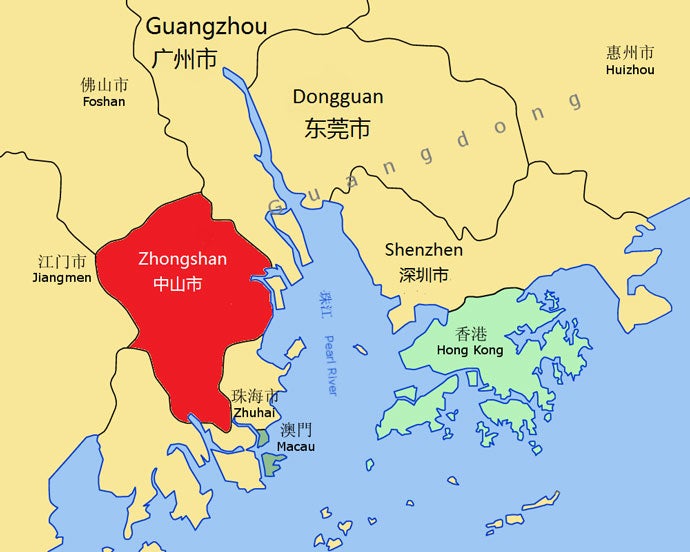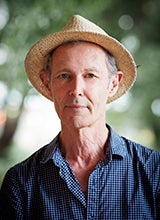
The map of Zhongshan
Migration is not a one-way process, it involved a backwards-and-forwards flow of people, knowledge, culture, goods, building practices, and money. Our focus is on the migration of people from Zhongshan Prefecture (in Guangdong) to New South Wales beginning in the mid-1800s. We aim to increase public awareness of Australia’s history of connectivity with Asia by showing how buildings and places created by Chinese migrants in Australia, were and are linked to particular buildings and places in China.
We are interviewing people in Australia whose ancestral roots are in Zhongshan, listening to their personal and family stories of migration and talking to them about their efforts to maintain or rediscover links with their home villages in China. Often these people, even though they may have been in Australia for multiple generations, regularly visit the houses and graves of ancestors in their home villages.
We are recording and studying buildings and other heritage places associated with Zhongshan migrants both in Australia and in Zhongshan and are recording the stories and that go along with these sites. In Australia this includes the houses, shops, market gardens and other places associated with Zhongshan people. In Zhongshan itself we focus on home villages and the houses, temples, schools, medical clinics and ancestral halls that were built or renovated with money and other assistance from Zhongshan folk in Australia.
We use the term heritage corridor to highlight the history and heritage of two-way flows between China and Australia. However, we also recognise that many people from Zhongshan settled in Australia after previously settling in places like Fiji and Southeast Asia. We are interested these migration stories as well.
The project aims to benefit heritage managers and experts in Australia and China by modelling a transnational approach to migration heritage.
The China-Australia Heritage Project is funded by the Australia Research Council (Discovery Project DP170101200). We gratefully acknowledge the assistance we have received from the Zhongshan Foreign Affairs Bureau in China and the Chung Shan Society of Australia in Sydney. The research team would like to give special thanks to Dr Ian Johnson of the University of Sydney for providing his expert support in setting up this Heurist database.





